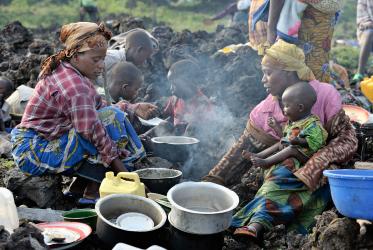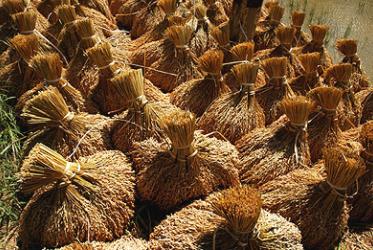Displaying 61 - 80 of 83
17 July 2016
AIDS 2016: “Stigma kills more people than HIV”
17 July 2016
Tveit on the “Ten Commandments” of food
26 January 2016
New video presents Ecumenical Advocacy Alliance’s call to action
13 January 2016
COP21: how climate change affects access to our daily bread
09 December 2015
No place for hunger in a world of abundance
02 October 2015
20 years of World AIDS Day is time for faiths to "take stock"
28 November 2008
Global food crisis has a spiritual dimension, says Kobia
24 November 2008
New HIV/AIDS teaching and advocacy resource
11 April 2006
AIDS Youth urge action for protection from HIV
18 February 2006
December 2005
28 November 2005













